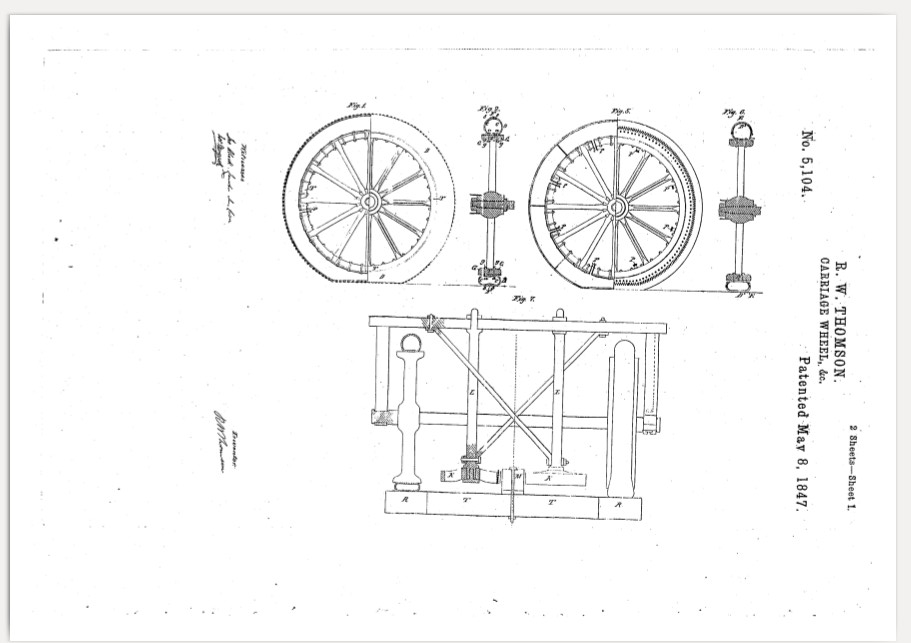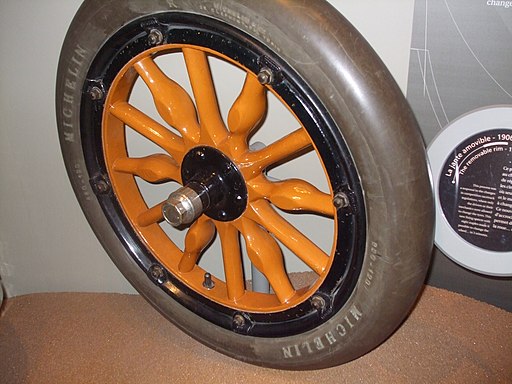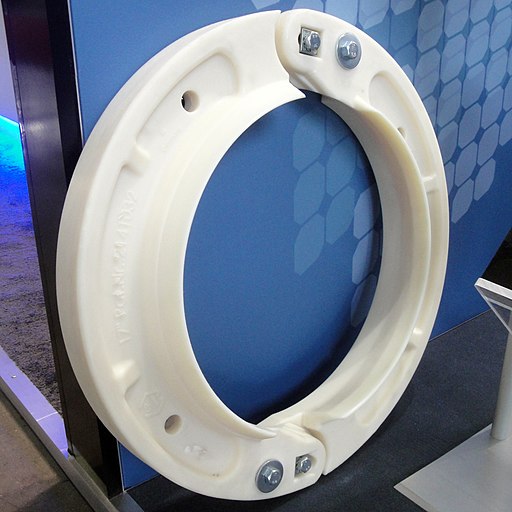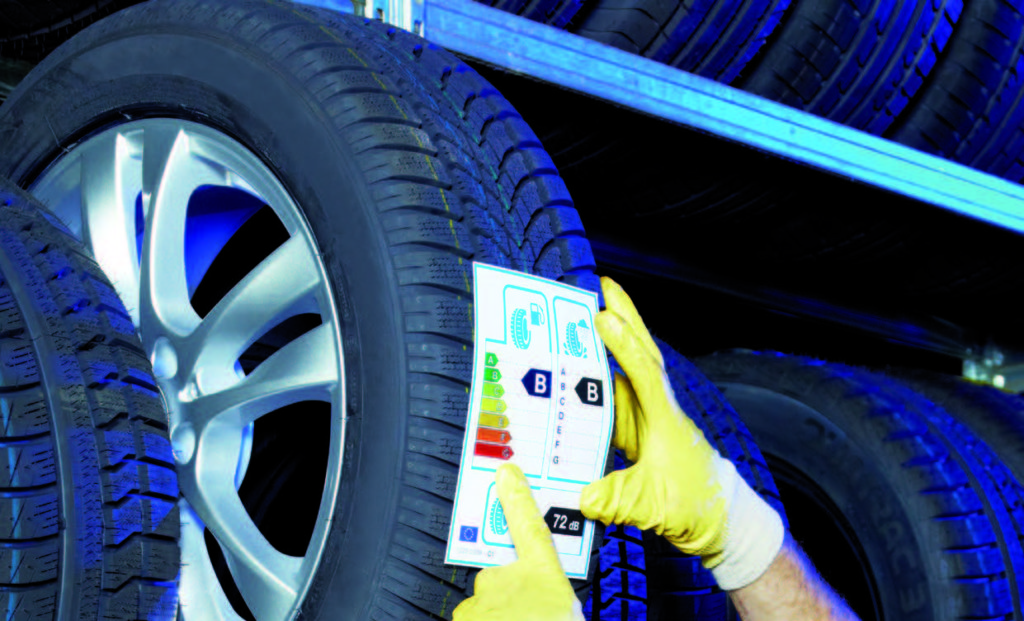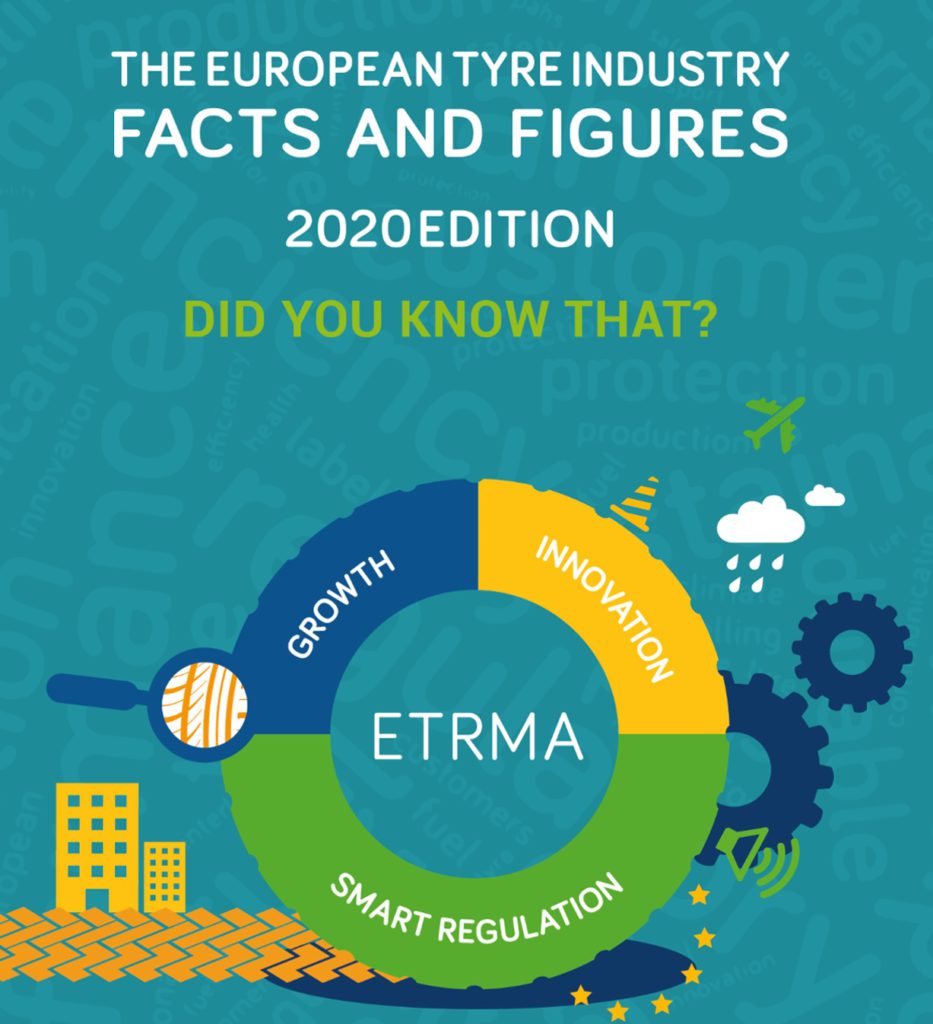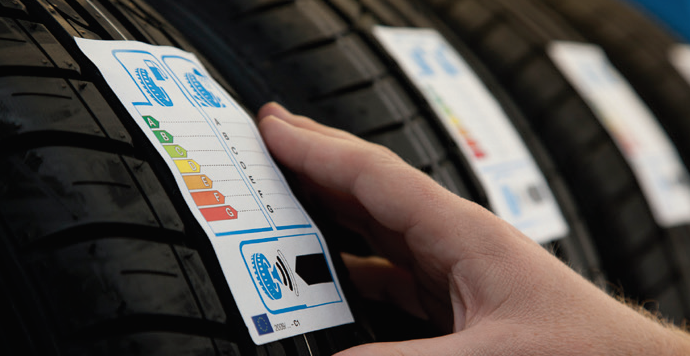Tyres
Tyres are crucial to move both people and goods. On roads, just about everybody uses tyres: truckers, cyclists, motorcyclists and drivers need tyres to move around towns and cities smoothly and safely. They are also essential for several economic activities as well as for aviation and rail transport, as some high-speed trains use rubber around their wheels to smoothen the roll.
Safety
Tyres are first and foremost an essential safety feature of the vehicle. They hold the vehicle to the road and allow steering response and comfort and are the only link between your vehicle and the road. They:
1. Provide grip for braking and acceleration
2. Maintain steering and directional control
3. Support the weight of the vehicle
4. Act as a shock absorber for vibration from the road
Sustainability
The EU tyre market is the most technologically advanced in the world. These constant developments are driven by the increasingly ambitious regulatory agenda as well as the increasing requirements of the customers (whether consumers or the automotive industry). Resource conservation and fuel economy are amongst the focus points of such innovations, that are geared towards safer and more environmentally sound mobility options. The industry proactively identifies and addresses the potential human health and environmental impacts associated with the tyres’ life cycle to contribute to a more sustainable future.
These are just some of the activities in which the industry is most active:
- Responsible and sustainable sourcing of raw materials
- Sustainability in the production phase
- Environmental impact of tyre in use: tyre labelled performances and tyre and road wear interaction
- Contribution of tyres to sustainable mobility solutions
- Extending the life of tyres
- Contribution to the circular economy and collection and management of end-of-life tyres.


